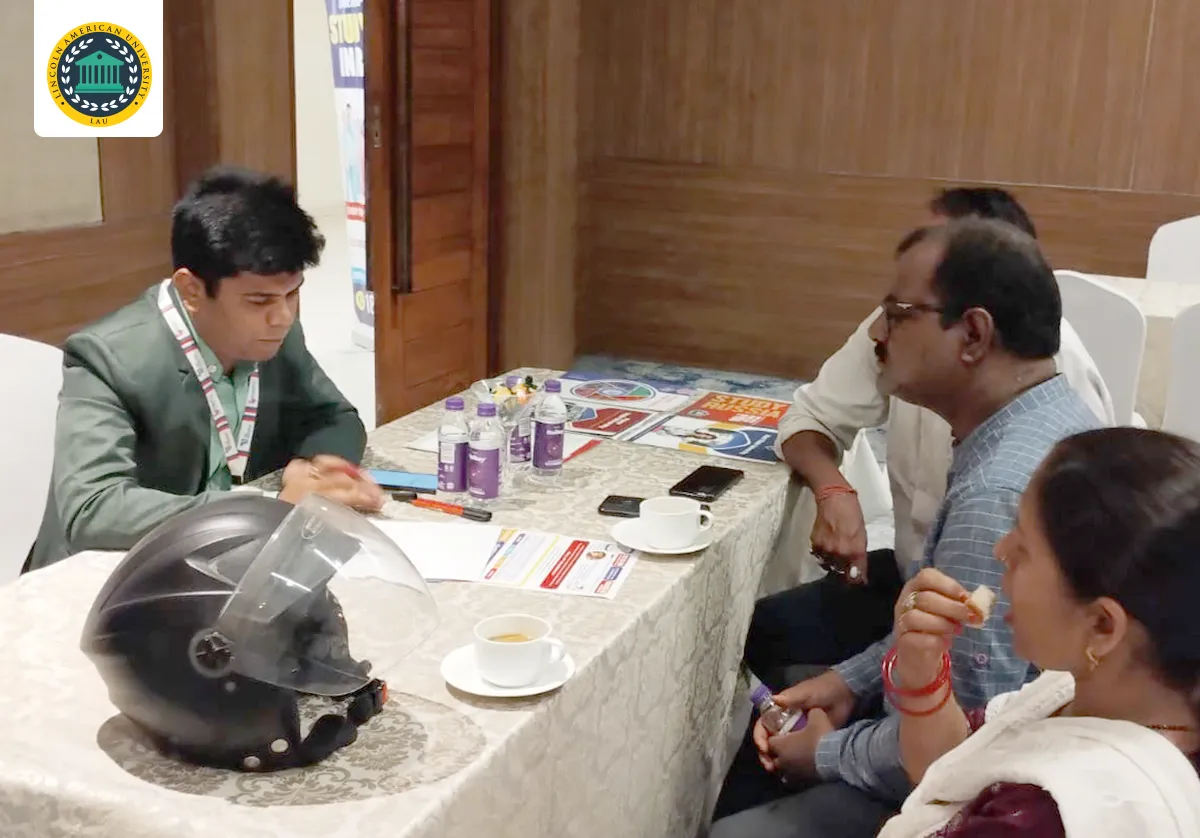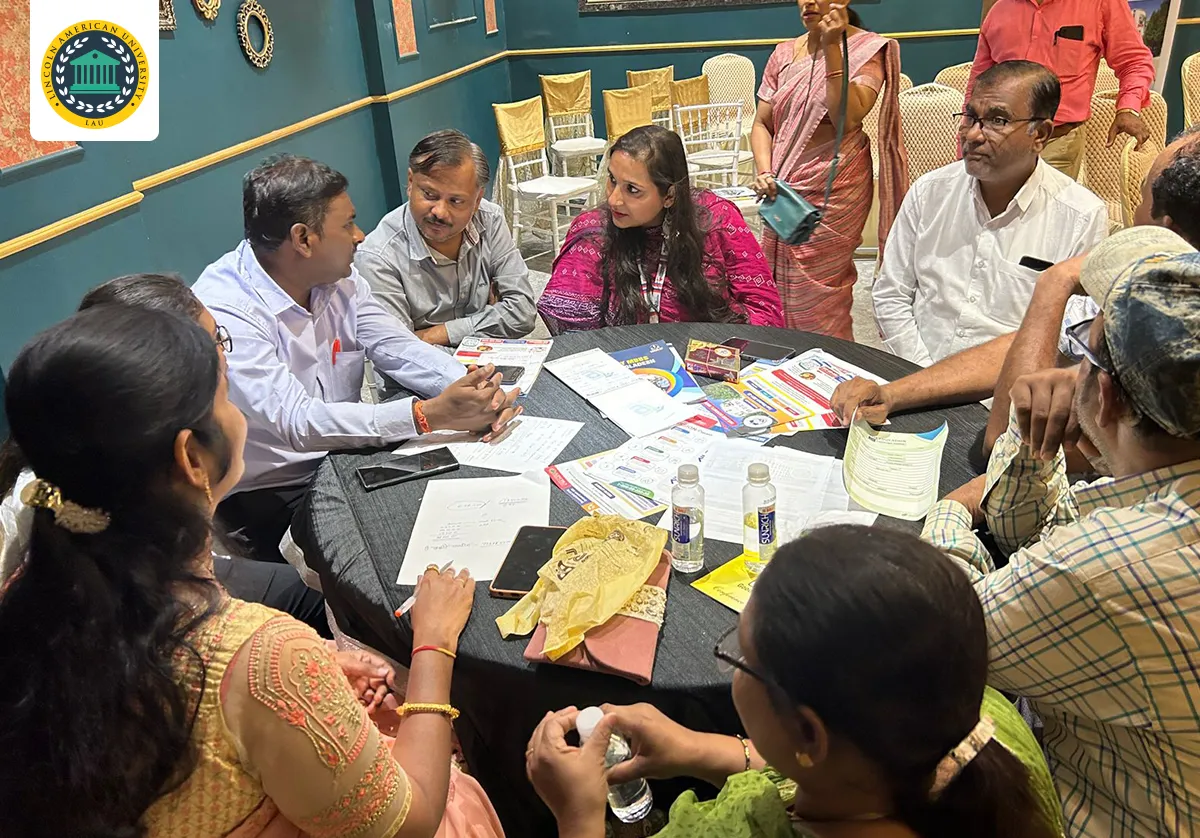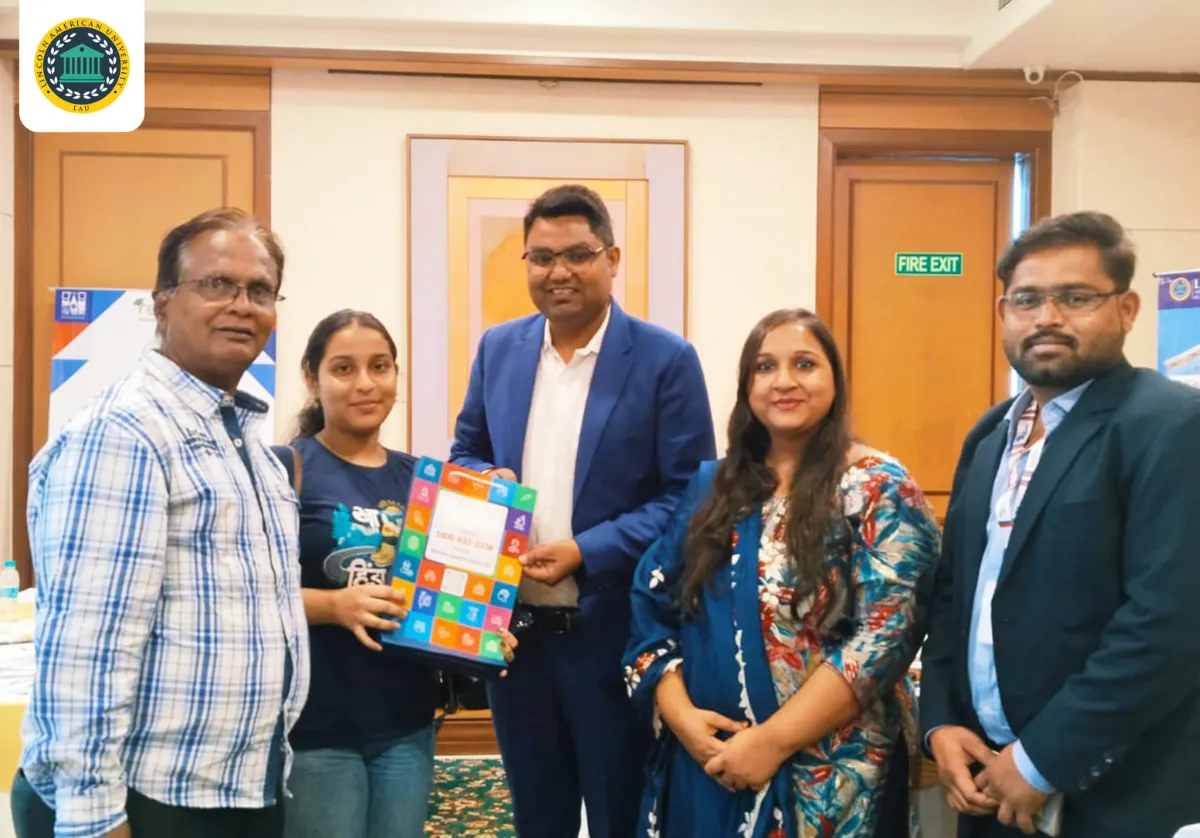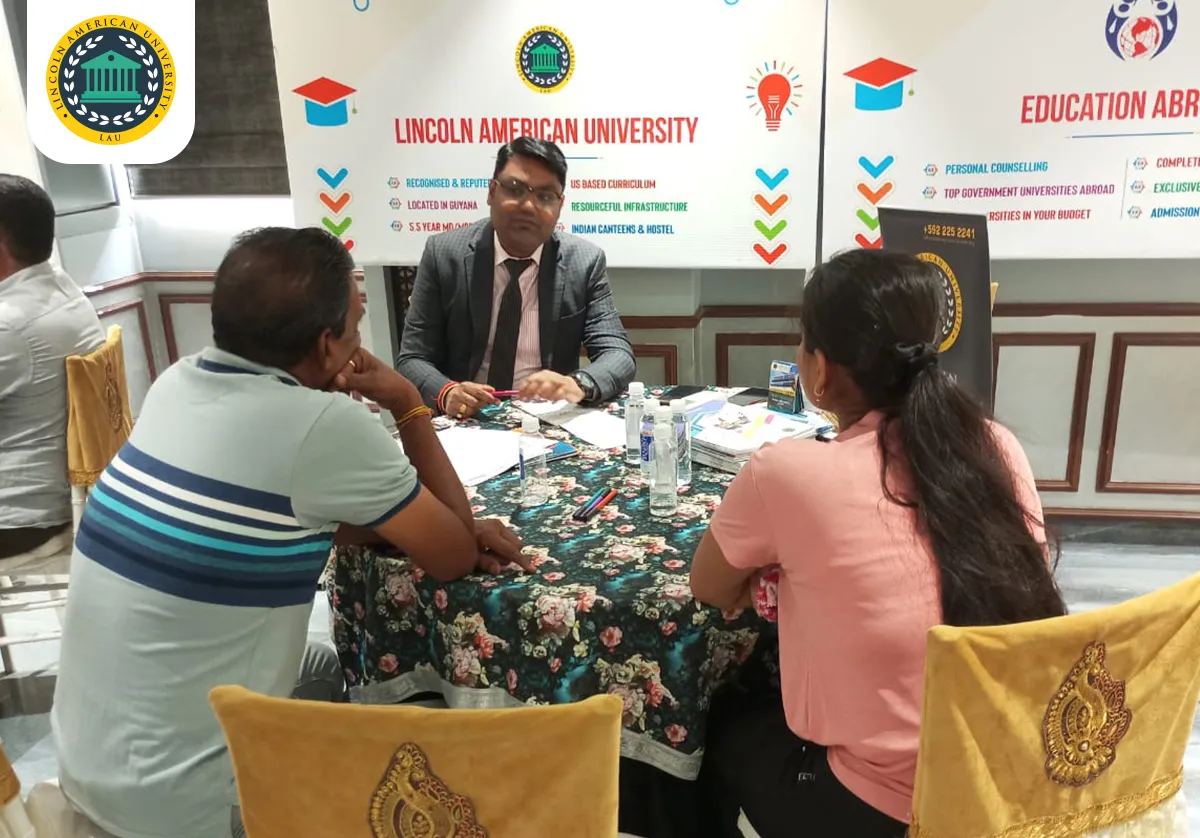Life Beyond Books for Medical Students
Life Beyond Books for Medical Students: Achieving Balance and Avoiding Burnout
The coursework at medical school is rigorous, and the schedules are demanding. Becoming a doctor is difficult. The pressure to perform well can make you think thereís no life beyond books.
Undoubtedly, hard work and motivation can help you become a successful doctor. However, not having a life beyond studies can lead to burnout. Avoiding burnout with a study-life balance can keep you motivated. Engaging in extracurricular activities can lead to your overall growth as a person. A balance between academics and university life will make your experience fulfilling and enjoyable.
Why You Shouldnít Ignore a Balance Between Studies and Life
The worst thing that can happen to a hard-working student is burnout. In the long run, ignoring university life and extracurriculars can lead to physical and mental health issues and a loss of interest in studies.
Burnout
Burnout means chronic stress and an unending phase of pressure. It can happen when students study hard for long durations without planning to rest or engaging in recreational activities. Burnout can disturb your emotional self and lead to long-term mental exhaustion. It can also cause cynicism and bad decision-making. Still worse is the habit of ignoring burnout, which can lead to medical errors in a doctor's future professional life.
Physical Health
Poor sleep or lack of sleep negatively impacts your physical health. Lack of exercise and ignoring a healthy diet can rupture your immune system and make you prone to diseases.
Mental Health
A monotonous study schedule and prolonged stress can impact mental health negatively. Lack of rest, combined with the pressure to perform, can lead to anxiety and depression.
What Makes Up Life Beyond Books for Medical Students?
Medical students have many options to shape their lives beyond books. There are different types of extracurricular activities that students can engage in.
Physical Activities
Physical activities such as sports and yoga break the monotony of a medical student's lifestyle. Engaging in team sports and joining a sports club promotes teamwork and leadership skills. Individual physical activities like running and yoga provide a vital break from academic stress. Physical activities and sports refresh the mind and body. They also help in improving cognitive functions and mental health.
Creative Pursuits
Music, arts, drama, etc., help you express yourself and grow into a well-rounded personality. Pursuing your creative interests helps you become emotionally resilient. Clubs and societies devoted to creative arts like music, dance, drama, etc., provide the opportunity to meet peers who share similar interests. Besides providing an emotional outlet and a way to relax, creative pursuits improve focus, teach empathy, and bring balance to life.
Community Service
Another way of having a fulfilling academic life is by engaging in community service. A great way could be to set up a free student-run clinic for undeserved populations. Such an initiative provides a platform for students to apply their knowledge in the real world. Community service helps in developing an understanding of social determinants of health. You can also think of volunteering for health education programs and disaster relief camps. Community service builds a sense of social responsibility, encourages teamwork, and teaches compassion.
Public Health Initiatives
Engaging in advocacy work for public health issues is another way of leading a fulfilling life. You can campaign for public health issues such as mental health awareness, discouraging smoking, and vaccination. Working for public health will allow you to learn about the social side of the medical profession. With preventive medicine and public policy at its center, public health is a great way of using classroom knowledge in real-life scenarios.
What Can Students Learn from a Life Beyond Books?
Extracurricular activities teach important life skills and habits that can be beneficial while studying abroad and in professional life.
Time Management
Engaging in extracurricular activities requires effective time management. You can learn to prioritize tasks, allocate time, plan, and set specific goals. Activities beyond academics can make you an excellent time manager, which will help you in the future. With time management skills, you can become capable of making important decisions in a short time.
Leadership Skills
Taking part in clubs, societies, and sports will help you develop your leadership skills. Organizing events, managing budgets, and coordinating with team members builds teamwork habits. Engaging in extracurricular activities teaches you to motivate others, do active task management, and resolve conflicts. These skills are crucial for medical professionals who have to work in multidisciplinary team environments.
Communication Skills
Engaging in activities beyond studies and the classroom helps you improve your interaction with others. Building relationships to create a team, managing the team, and participating in activities like dramatics, quizzes, and debates improve interpersonal skills. Community service activities and volunteering for public health initiatives teach you to listen patiently, empathize, and communicate effectively. These skills are helpful in patient care and enable better professional interaction.
Stress Relief and Well-Being
Extracurricular activities are a great means of relieving stress. Studying to become a doctor can lead to prolonged stress and burnout. Students who take part in physical or creative activities find a way of relieving stress and inducing a balance in their lifestyle. Music, dramatics, painting, yoga, and sports improve physical and mental well-being. They break the monotony of the academic schedule and bring joy, satisfaction, and a sense of accomplishment.
How Do Extracurricular Activities Help You as a Medical Student Studying Abroad?
Extracurricular activities help you build a community and a support structure. Taking part in the universityís social life nurtures a network of peers who share a similar background to yours. Connecting with peers in the network will help you in many ways. You can also share your experiences, discuss challenges, and share advice in your network. With a supportive community around you, you donít feel lonely.
Engaging in activities beyond studies opens up opportunities for interaction with faculty members and professionals. These activities help you find mentors. You can get valuable advice, career guidance, and everyday support from your mentors.
Conclusion
The tough schedules for studying to become a doctor can lead to burnout. The worst thing that can happen to a medical student is the loss of interest in studies because of burnout. Therefore, it is important for medical students to have a balanced life. A good doctor is not the one who has exceptionally good bookish knowledge. It is one who has mastered life skills and learned to empathize by participating in university life beyond books.
Extracurricular activities shape your life outside academics. They teach you crucial life skills like time management, effective communication, and leadership.
You should explore your creativity, pick a sport, and engage in individual physical activities like running and yoga. Community service and public health initiatives break the monotony, improve your medical skills, and make you a compassionate healthcare professional.




